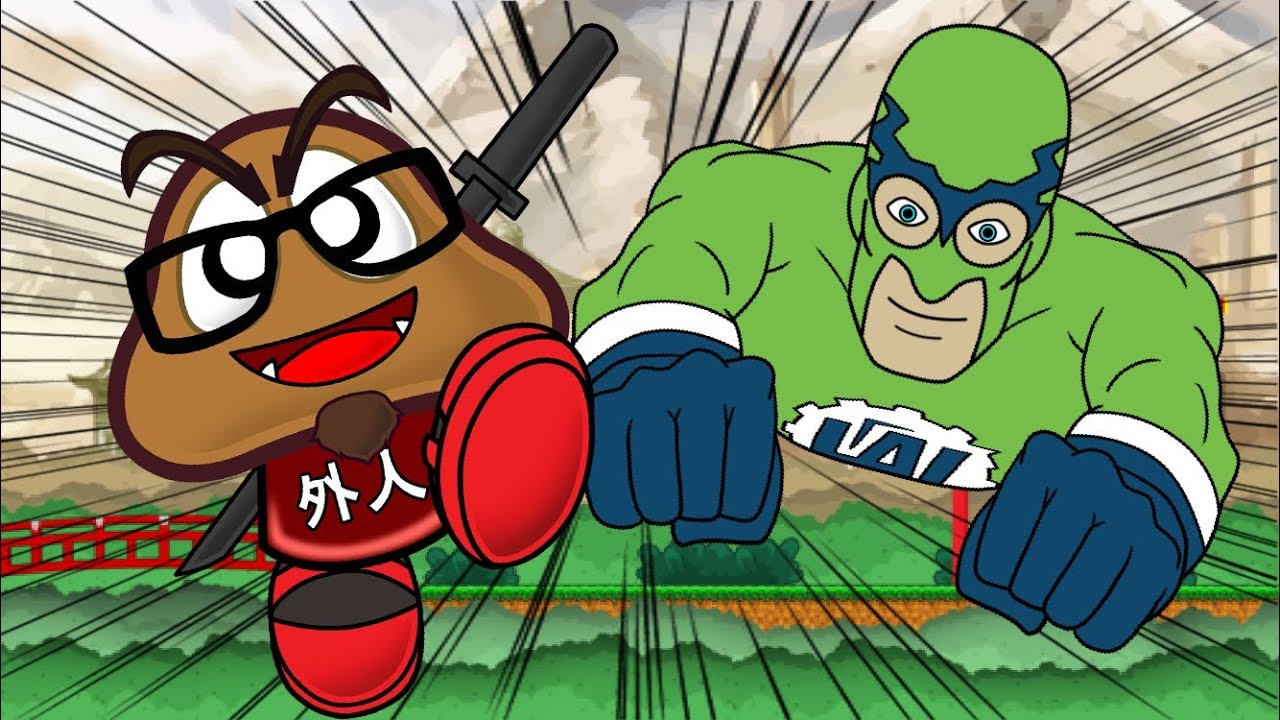Trending
Opinion: How will Project 2025 impact game developers?
The Heritage Foundation's manifesto for the possible next administration could do great harm to many, including large portions of the game development community.
LAI explores the ways in which over-localization impacts games in the marketplace.

[Originally posted on LAI's blog.]
Most game developers and publishers understand the importance of reaching gamers abroad by localizing game content. Fortunately, this increased attention on game localization has opened gaming up to a broader audience, so that people around the world can experience games as if playing the original. For the most part, game localization has vastly improved since its origins in the games of old, i.e. “I am Error.” (View this article to learn about the current development trend of producing incomprehensible in-game text.)
If you follow gaming articles and forums, you’ll hear gamers lament about areas they perceive to be missed opportunities for localization in their favorite games, pinning down specific phrases that could have been translated differently or character names that do not directly match the original meaning. While gamers continue to shine a spotlight on localized game content, developers and publishers work to achieve the level of quality gamers expect from localization. Oddly enough, this spotlight has also led to a unique phenomenon in localization – the practice of over-localization.
While it is common to embed cultural content into games via game settings and themes, we are just starting to see other cultures emerge through games, primarily via the indie scene. Mainstream  games frequently utilize Japanese and American culture, such as in the Persona series and Call of Duty, whereas indie games cover a broader range of cultures (i.e. Kú from Ireland, Mictlán from Mexico). Unfortunately, the widespread commercial success of games rooted in Japanese and American culture and the unproven commercial success of games with other cultures subsequently means that developers and publishers may not take on the ‘risk’ of embedding content from other cultures into their games.
games frequently utilize Japanese and American culture, such as in the Persona series and Call of Duty, whereas indie games cover a broader range of cultures (i.e. Kú from Ireland, Mictlán from Mexico). Unfortunately, the widespread commercial success of games rooted in Japanese and American culture and the unproven commercial success of games with other cultures subsequently means that developers and publishers may not take on the ‘risk’ of embedding content from other cultures into their games.
What does this mean for gamers? Ultimately, it means a largely homogenized pool of games with the same cultural elements we’ve experienced for decades. In fact, games that start out with content from other cultures are heavily edited (or localized) down to exclude the very elements that make them unique, resulting in near-duplicates of games already dominating the market. This practice has become known as over-localization.
Within our own game localization company, Language Automation, Inc. (LAI), our CEO came across opposites of this spectrum within five minutes of each other at an industry event. The first developer had a game from Asia (to be localized into English) and said that under no circumstances was LAI allowed to “touch or modify in any significant way the culture that was created.” The second developer was from Eastern Europe and afraid that local content would turn off potential players, so our CEO was instructed to entirely eliminate cultural elements from the original game. That company was determined to play it safe and “make [the] game exactly like all the other games out there because [those] have been successful.”
While it makes business sense to help ensure a solid game release by avoiding risk, it also means that gamers are losing out on a larger library of unique games. Over-localization, or the stripping away of cultural content from a game, goes a massive step beyond localization. Whereas over-localization entirely changes the gameplay experience, localization is meant to immerse players into games by adapting linguistic and cultural elements so the game can be enjoyed as if it were the original.
To learn more about over-localization and localization in general, check out our newly released interview featuring – David Lakritz, CEO of Language Automation, Inc., and Michael Sundma n, creator of Gaijin Goombah, a webshow exploring cultural content in games. (LAI’s CEO touches upon over-localization around the 41 minute market.) Enjoy! Link to interview.
n, creator of Gaijin Goombah, a webshow exploring cultural content in games. (LAI’s CEO touches upon over-localization around the 41 minute market.) Enjoy! Link to interview.
Also, be sure to check out LAI’s new podcast “LocaLAIse This!,” featuring exclusive interviews with experts on game localization, global game markets, and other aspects of language and culture within the industry. In our first episode, we interview Ubisoft’s Localization Project Manager Margherita Seconnino about her experience overseeing the localization of Assassin’s Creed titles. “LocaLAIse This!” will be available in the App Store this November.
You May Also Like